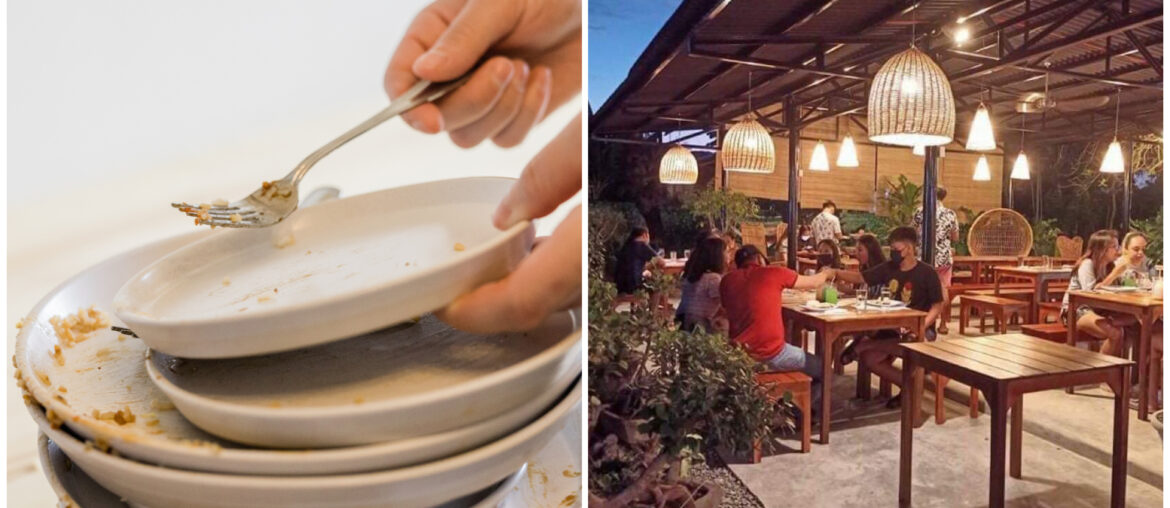Manglimpyo ba ka dapat sa imung lamisa when you’re dining at a restaurant?
We’ve all been there, just finished a meal at a food court, ready to walk away when you see the mess left on the table. But in Cebu City, that choice is no longer just about manners—IT IS THE LAW!
City Ordinance 2709 or the CLAYGO (Clean As You Go) Ordinance of 2023, officially mandates customers in certain food establishments to clean their tables before leaving. The question is: should customers really be the ones cleaning up after themselves?
What the Ordinance Says
Under this ordinance, customers dining at fast food establishments, food courts, food parks, cafeterias, coffee shops, bakeries, and similar public dining spaces are required to throw their trash, return trays, and leave their tables clean.
On the other hand, karenderias, street food stalls, full-service restaurants, and takeout-only spots are exempted from the rule.
Fines apply for those who ignore the ordinance:
- ₱1,000 for the first offense
- ₱2,000 for the second
- ₱3,000 for the third
This ordinance was authored by Councilor Jaypee Labella and approved by Cebu City Mayor on October 5, 2023.
Supporters of the ordinance say it promotes discipline, respect for shared spaces, and a culture of responsibility. In crowded food courts and self-service spaces, leftover trash piles up quickly, attracting pests and causing inconvenience for the next customer.
For some, cleaning up your own mess is just part of being a decent human being. It also lightens the load for service crew, especially in fast-paced environments where tables need to be turned over quickly for new diners.
The Other Side: “But I’m THE Customer…”
Not everyone is on board, though. Some feel that cleaning tables should be the staff’s job, especially since they’re paying for the food and experience. For senior citizens, PWDs, or even parents dining with small kids, cleaning up may not always be easy.
There’s also the question of clear boundaries: how clean is “clean”? Should people be wiping down tables or just returning trays and trash? Without proper guidelines or facility support (like tray return stations or nearby trash bins), enforcing the ordinance fairly could be tricky.
Across the world, CLAYGO is already a norm in many places like Japan, Singapore, and even some establishments in Manila. The goal isn’t to punish but to instill habits that contribute to public cleanliness and shared responsibility.
Here in Cebu, it might feel weird at first, especially for those used to being waited on. But small changes, like throwing away your trash or stacking used trays neatly, can make a big difference in keeping public dining spaces cleaner and more pleasant for everyone.
So, Should Customers Clean Their Own Tables?
If you’re dining in a self-service spot, yes, you probably should. It’s respectful, helpful, and now, in many cases, legally required in Cebu City. So next time you dine out, remember: a clean table isn’t just for the next person. It’s a sign of the kind of community we want to build.
What do you think about CLAYGO? Let us know in the comments below!



Comments are closed.